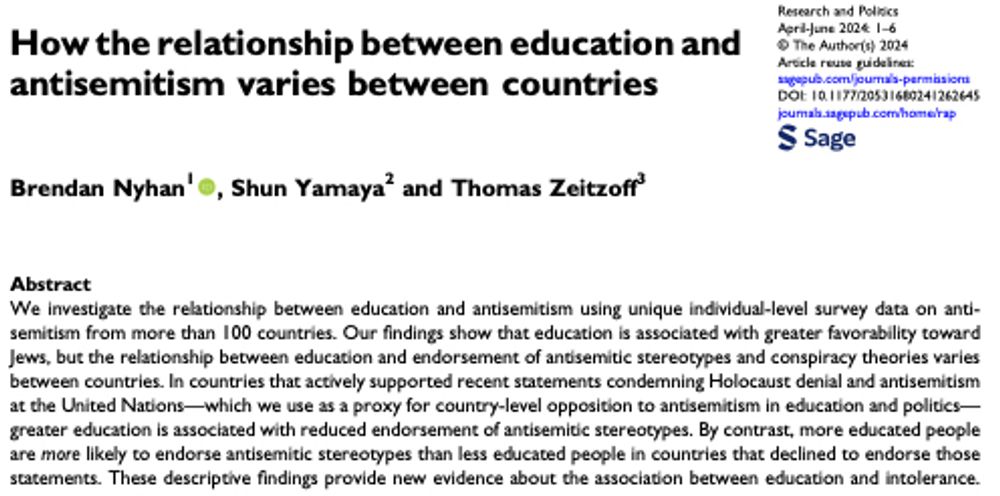Jin Woo Kim
@jinwookim.bsky.social
350 followers
430 following
23 posts
Assistant Professor at Kookmin University | Political Communication, Public Opinion
jinwookimqss.com
Posts
Media
Videos
Starter Packs
Pinned
Reposted by Jin Woo Kim
Reposted by Jin Woo Kim
Reposted by Jin Woo Kim
Jin Woo Kim
@jinwookim.bsky.social
· Apr 7
Reposted by Jin Woo Kim
Jin Woo Kim
@jinwookim.bsky.social
· Apr 7
Jin Woo Kim
@jinwookim.bsky.social
· Apr 7
Jin Woo Kim
@jinwookim.bsky.social
· Apr 7
Jin Woo Kim
@jinwookim.bsky.social
· Apr 7
Jin Woo Kim
@jinwookim.bsky.social
· Apr 7
Jin Woo Kim
@jinwookim.bsky.social
· Apr 7
Jin Woo Kim
@jinwookim.bsky.social
· Apr 7
Reposted by Jin Woo Kim
Reposted by Jin Woo Kim
Dominik Stecuła
@stecula.bsky.social
· Nov 20
Reposted by Jin Woo Kim
Reposted by Jin Woo Kim
Reposted by Jin Woo Kim
Adam Berinsky
@adamberinsky.bsky.social
· Mar 28
Reposted by Jin Woo Kim
Reposted by Jin Woo Kim
Jin Woo Kim
@jinwookim.bsky.social
· Mar 18
Persuading climate skeptics with facts: Effects of causal evidence vs. consensus messaging - Jin Woo Kim, Ruijun Liu, 2024
Communicating the “97%’’ scientific consensus has been the centerpiece of the effort to persuade climate skeptics. Still, this strategy may not work well for th...
journals.sagepub.com












